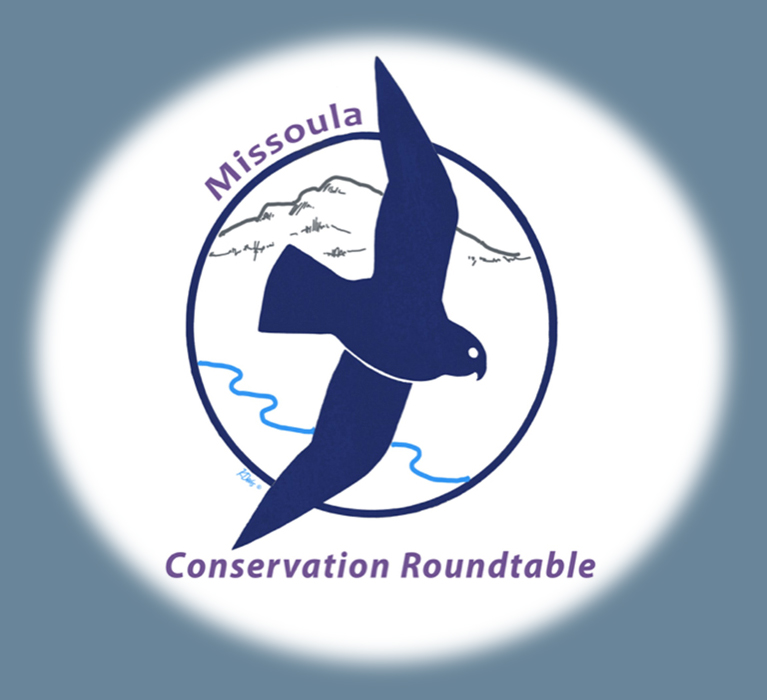
For years, environmental sociologist and scholar-activist Robin Saha has worked to bring attention to Montana’s history of environmental injustices and has taken action to address them. Employing community-based participatory research methods to address site-based hazards, Robin involves local citizens in his work to generate knowledge that can directly benefit impacted communities–bringing together education, empowerment and action to fight these challenges.
One of Robin’s most notable projects addressed toxic mold in housing built in shallow groundwater areas on the Blackfeet Reservation. With NIH funding, Robin partnered with the Indian Health Service, Blackfeet Housing, and Blackfeet Community College for capacity training on mold testing, reporting, and improved information exchange throughout the community. In proving the impact of toxic mold on the community’s health, the Blackfeet Tribe received a large federal grant to help remediate some of the homes and build new ones.
Robin also worked with the community of Opportunity, Montana, the location of a waste repository for contaminated materials from local Superfund sites. From 2005 to 2013, he and his students helped organize the community and successfully framed the issue as environmental injustice, generating state- and even nation-wide coverage. As a result, the responsible party, British Petroleum, invested millions in dust mitigation, residential soil cleanups, and water and air monitoring.
As an associate professor and now program director of Environmental Studies at the University of Montana, Robin’s teaching and research focus on the intersection of environmental justice, health and policy with an emphasis on civic engagement and empowerment. He often enlists and trains his students to assist in local environmental efforts, including a co-authored greenhouse gas emissions inventory for the City of Missoula that was developed into a city-wide climate action plan.
Robin has served on many UM & Missoula citizen committees including UM’s Sustainable Campus Committee, Missoula’s Energy and Climate Team, and on two advisory committees for the MT Department of Public Health and Human Services.
Robin’s influence reaches across Montana and beyond. His work includes an environmental justice analysis of the Dakota Access Pipeline Route for affected tribes, a Chippewa Cree Climate Adaptation Planning Project for the Rocky Boy Reservation, and shedding light on the water crisis in Flint, Michigan.
In 2013, he received UM’s Sustainability Award (for efforts to increase sustainability at UM). In 2016 Robin received the Thomas Ehrlich Civically Engaged Faculty Award – a national award recognizing faculty with outstanding records in academics and high impact service to their communities.
From the classroom to the community to the nation, Robin is an inspiring leader in educating and organizing the public to address and resolve injustices against the land and its people.
Biography by Kalle Fox
The Missoula Conservation Roundtable gratefully acknowledges generous contributions to our website design. Our logo was created by Kate Davis, Raptors of the Rockies; Brian Christianson contributed the photographs for page headers Brian Christianson Photography
Website created by Irestone Web Design
